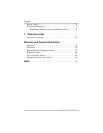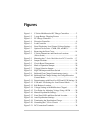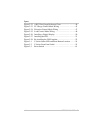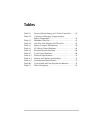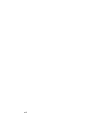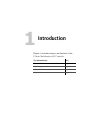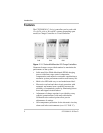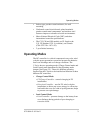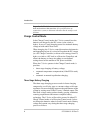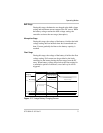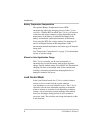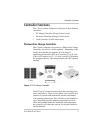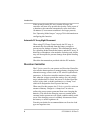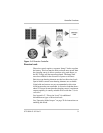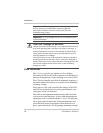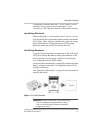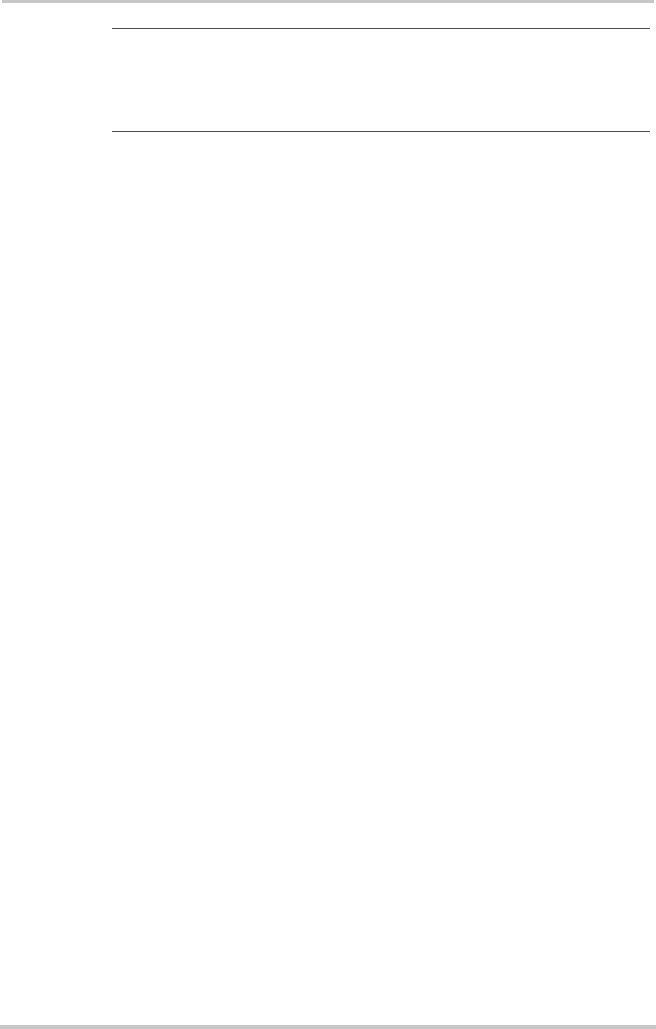
Introduction
4 975-0004-01-02 Rev D
Charge Control Mode
In the Charge Control mode, the C-Series controls how the
batteries are charged by the DC source (solar, wind, or
hydro). It uses a 3-stage charging protocol to maintain battery
voltage at bulk and/or float levels.
When charging, the C-Series controller monitors the batteries
and depending on how it is wired will regulate the PV current
(as a PV Charge Controller) or divert excess energy from PV,
hydro, or wind to a DC load (as a Diversion Controller) and
allows the battery to charge according to user-defined
settings based on the amount of DC power available.
When the C-Series operates in the Charge Control mode, it
provides:
• three-stage charging of battery voltage,
• automatic temperature compensation (if the BTS is used),
and
• automatic or manual equalization charging.
Three-Stage Battery Charging
The three-stage charging process results in faster charging
compared to on-off relay type or constant voltage solid-state
regulators. Faster recharging increases the performance of the
system by storing more of the PV array’s limited output. The
final float voltage setting reduces battery gassing, minimizes
watering requirements and ensures complete battery
recharging. The C-Series will use this protocol in either PV
Charge Control mode or in Diversion Control mode. It does
not charge the batteries when in Load Control mode. Battery
voltage and current vary during the three-stage charging
process as follows.
Important:
The C-Series controller cannot operate in more
than one function at the same time. If several functions are
required in a system, a dedicated controller must be used for each
function.



